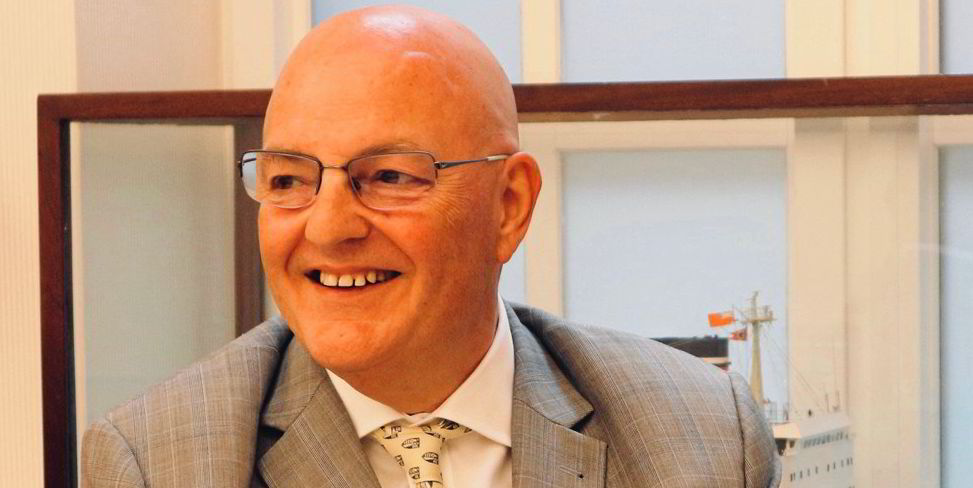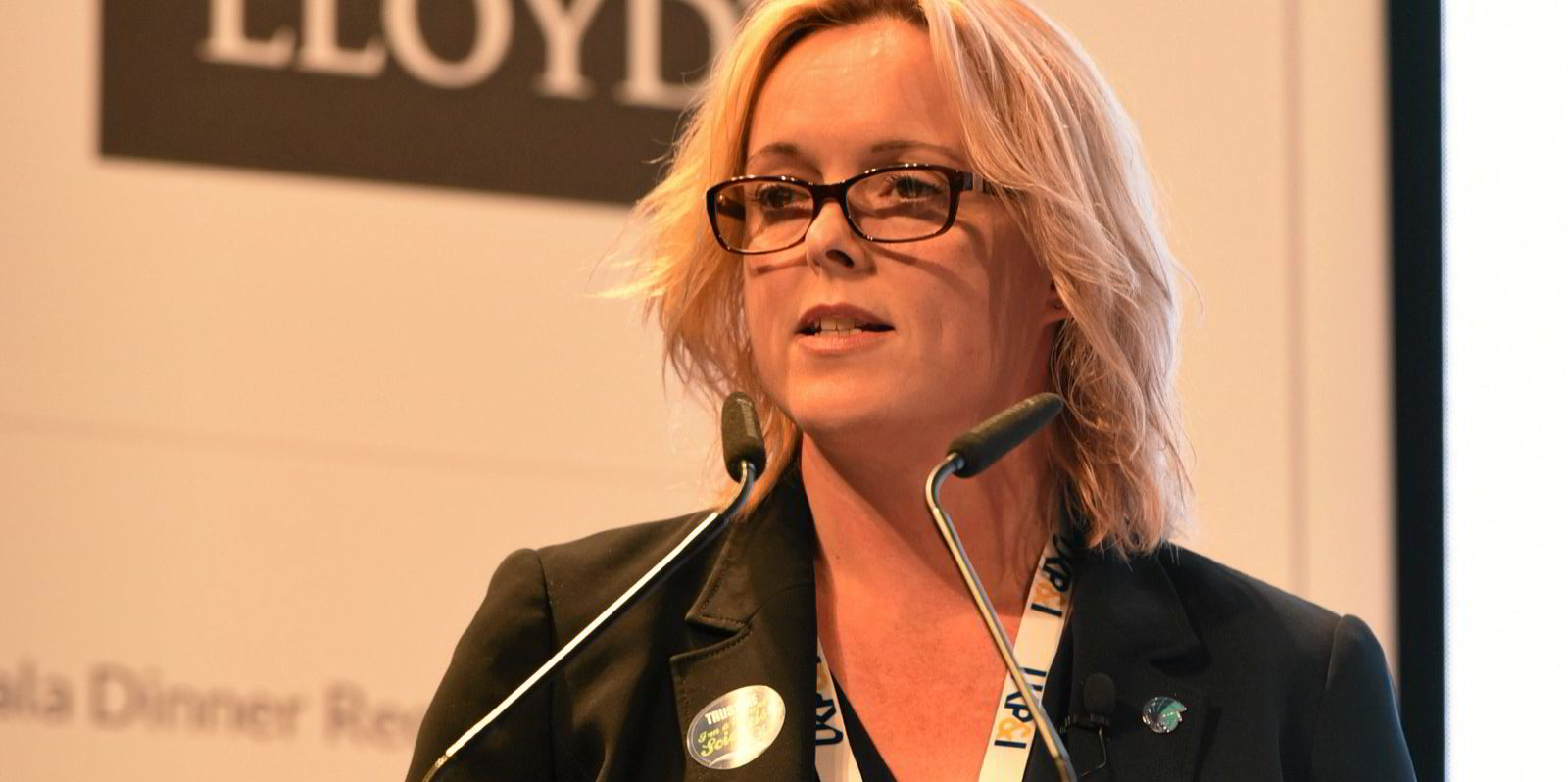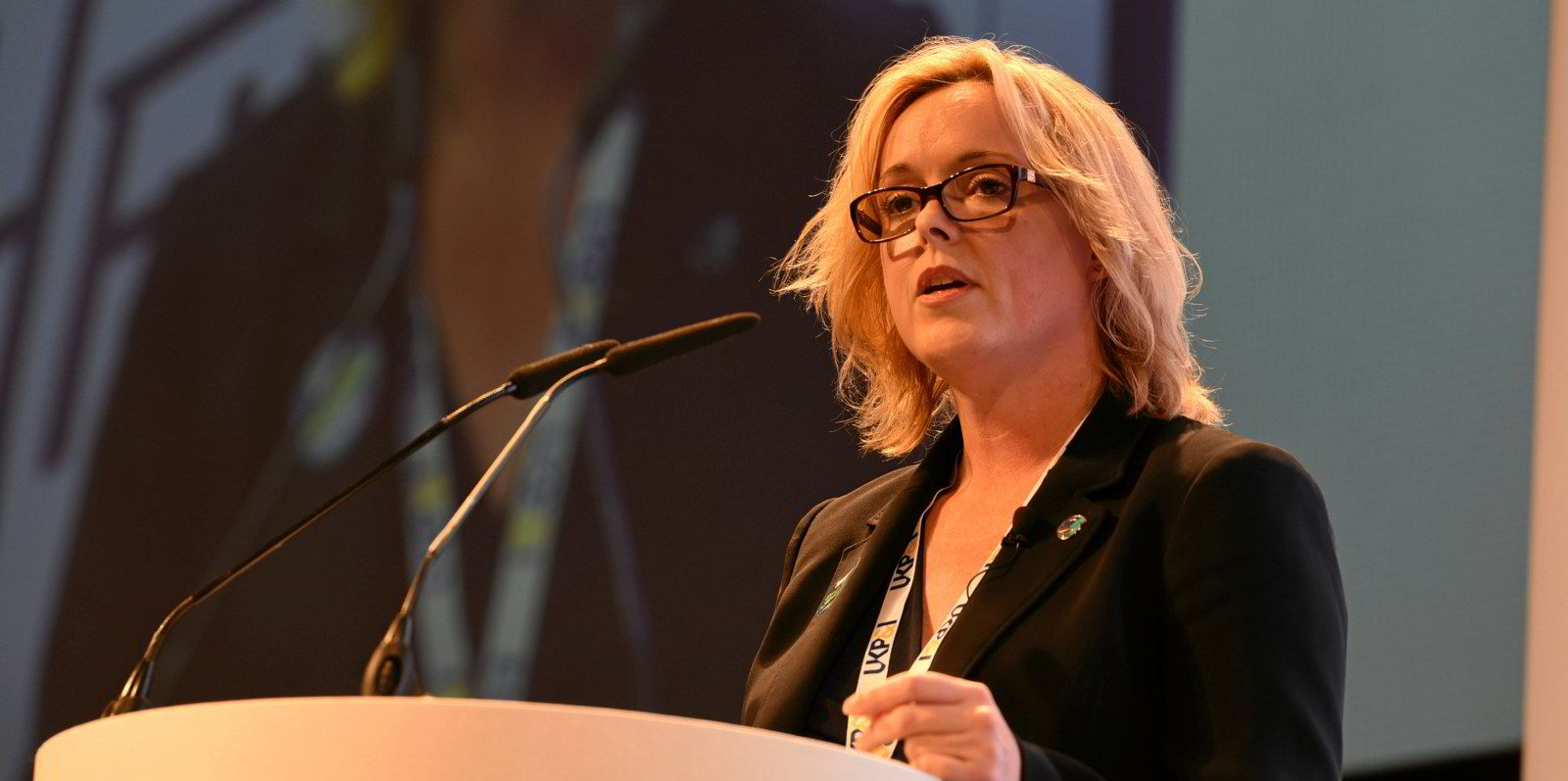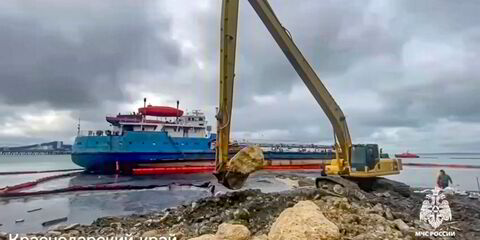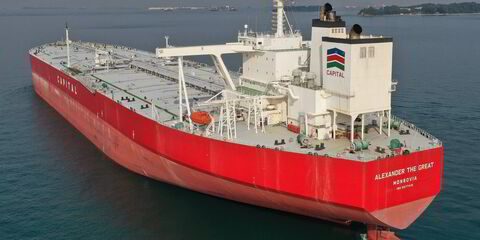The days of standing shoulder to shoulder on the floor of the Baltic Exchange, negotiating a charter or a sale-and-purchase deal, face to face with principals, are a distant memory. Shipping has changed and continues to change.
The pace of digitalisation and the acceleration of smart technology, coupled with the development of innovative business solutions, have made the world a smaller place.
The digital revolution has transformed the way shipping operates, and the Covid-19 pandemic has accelerated that change. Increasing value to the bottom line matters to any trade, and shipping is determined to be ahead of the curve.
The world is more disrupted than before, and how this disruption will fully affect shipping is yet to be seen.
The industry’s drive for growth and recovery post-Covid is firmly underway. The focus of the forthcoming London International Shipping Week on the crucial elements of environmental, social and governance in all of this will be fascinating.
Personal business relationships and trust will always matter, but who will invest in shipping in the future? How will trading change in the face of “deglobalisation” and digitalisation? What will the workforce of the future want out of it?
What was beginning to become clear from the pandemic is the importance of cooperation — between ship managers and operators needing to repatriate crew; between buyer and supplier, charterer and owner, to ensure deals were still being placed and being paid for and honoured; between stakeholders striving to emerge from this pandemic stronger, wiser and leaner.
Most importantly, there is the safety of crew, vessel and cargo on board. Technology was helping some of this and the industry was waking up to the potential, but social responsibilities need greater governance.
What was also emerging was the need for greater collaboration not only between individual maritime clusters but also between these clusters and their governments.
But to what extent do the UK, and London as the world’s number one maritime commercial services centre, need to rely on the machinery of government?
After all, shipping is international, and the greatest asset London has had for decades is its knowledge of international trade and its experience of commercial services to shipping.
Today, the UK is not the largest exporter or importer of commodities, but it has always been competitive in pricing and knows and understands the markets.
London remains central to this maritime knowledge and expertise, and London International Shipping Week from 13-17 September brings cargo owners, traders, shipowners and operators together to discuss how to effectively maintain essential trades.
London has seen other international clusters grow and develop as trade patterns change, but they would not be in their position without London — which itself has benefited from the rise of these centres.
Singapore, Hong Kong, Athens and Dubai — as well as Oslo and Hamburg — all need London as much as London needs them as it plots its own growth strategy.
However, if London is to remain the leading maritime services centre, the UK needs to ensure international shipowners and cargo owners feel it is the place to do business.
In my 40-plus years transacting with bulk freight, the shipping services in London have facilitated much of it, but shipowners must retain freedom of access to their business centres, clients, customers and, of course, employees.
The opportunity is there to grow London’s influence, but the UK needs to cooperate, and it needs to attract inward investment.
Keep the doors open
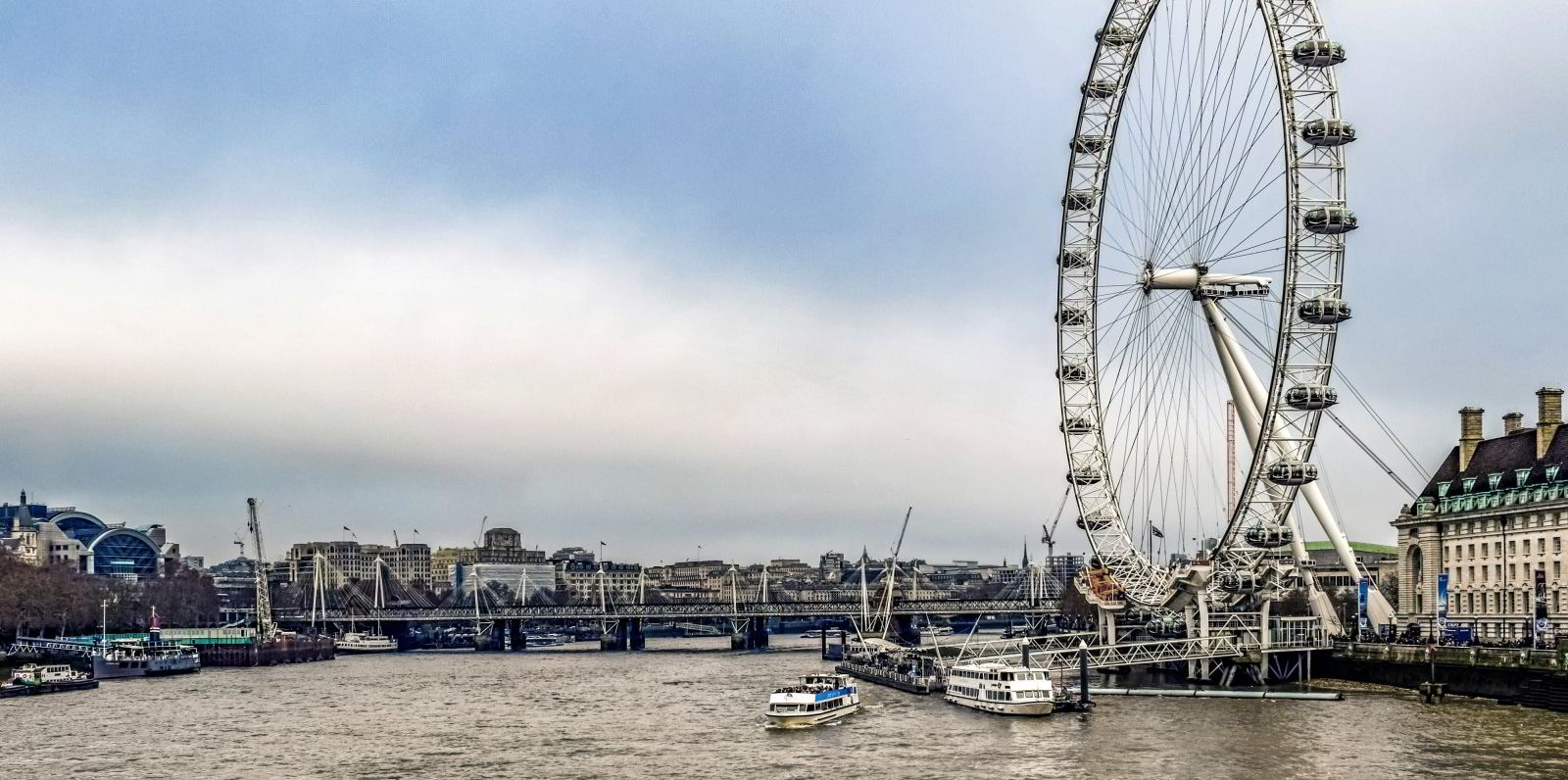
The government will have much to contribute to keeping our doors open. If it wants Britain to be omnipresent in shipping, including ambitions for future eco shipbuilding, international shipping companies need to be made as welcome as possible.
The UK has plenty to look forward to, with new trade deals on the back of Brexit and an economic growth curve driving steeply upwards as it accelerates out of the pandemic, but it must maintain absolute focus on the maritime business.
Denis Petropoulos is chairman of the Baltic Exchange and vice chair of the LISW21 Steering Group
Do you have an opinion to share? Email: news@tradewindsnews.com(Copyright)
